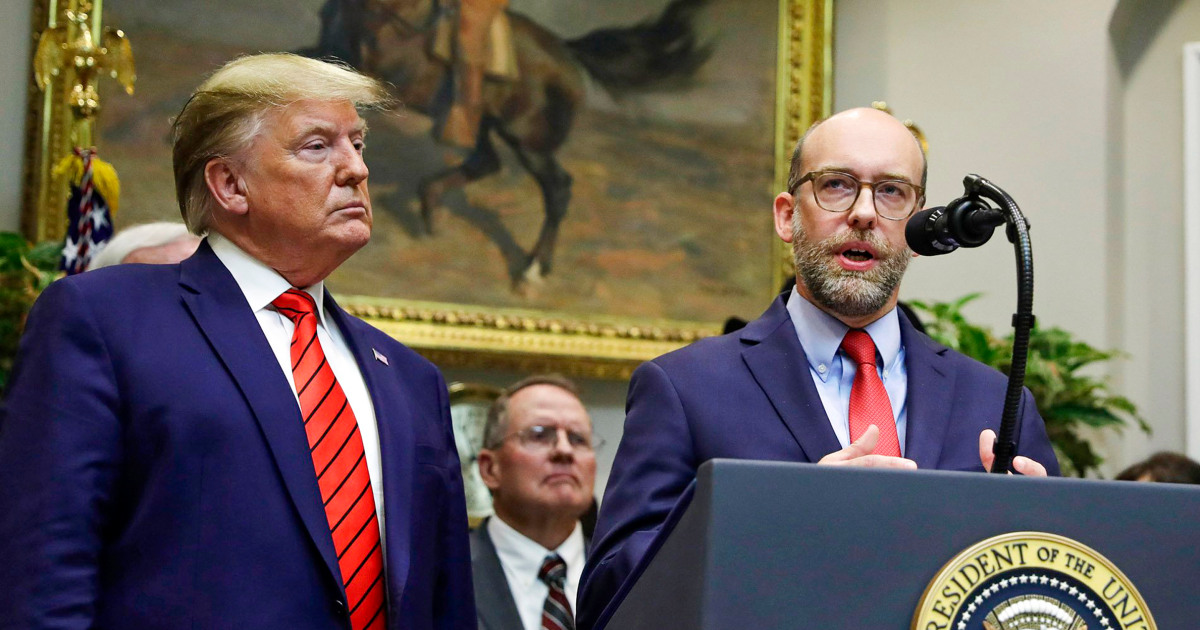Washington
—
Persistent worries about the higher cost of living and few job opportunities pushed consumer sentiment down to its seventh-lowest level in October, on records going back to 1952.
Consumer sentiment edged a hair lower early this month to a preliminary reading of 55, the University of Michigan said Friday — a weak level rarely seen in the post-World War II era. It’s slightly above the lows it reached this spring when President Donald Trump unveiled massive tariffs.
“Pocketbook issues like high prices and weakening job prospects remain at the forefront of consumers’ minds,” Joanne Hsu, the survey’s director, said in a release. “Consumers do not expect meaningful improvement in these factors.”
The shutdown of the federal government, which stretched into its tenth day on Friday, has not so far affected Americans’ perceptions about the economy, according to the survey. More than a million federal workers have been furloughed or are working without pay.
“Interviews reveal little evidence that the ongoing federal government shutdown has moved consumers’ views of the economy thus far,” Hsu said.
The macroeconomic effects of the shutdown aren’t significant, according to economists, but they get bigger the longer it lasts. The next Senate vote to fund the government is scheduled for Tuesday, though Congress appears to remain deadlocked.
After a brief recovery, America’s economic mood began to sour again in recent months on growing frustrations about higher prices and a weakening labor market, according to various surveys. Friday’s survey showed “declines in expectations for future personal finances as well as current buying conditions for durables.”
Still, that may not mean much for the US economy: Sentiment hasn’t been a good predictor of future spending in recent years. In the summer of 2022 when inflation was running at 40-year highs, sentiment plummeted to its lowest level on record, but Americans continued to spend later that year.
That dynamic has persisted. Sentiment has been weak this year, but Americans haven’t cut back on their spending. Retail sales increased in August for the third consecutive month, according to Commerce Department data, rising 0.6% from the prior month.
Economists say spending largely hinges on the health of the labor market, which has slowed recently, but remains fairly solid, with unemployment still relatively low. So long as layoffs aren’t surging, Americans will likely continue to spend, despite their economic jitters.
But with the federal government shut down, the release of crucial economic statistics has been suspended, including the monthly jobs report, which was scheduled for October 3. However, alternative data by private companies and Federal Reserve regional banks, which aren’t as affected by the shutdown, showed that the labor market continued to slow last month.
“Many of the themes from September carried into October with the tough job market not inspiring confidence alongside persistent cost-of-living and high interest rate concerns,” Oren Klachkin, financial market economist at Nationwide, wrote in an analyst note Friday.
Source link

